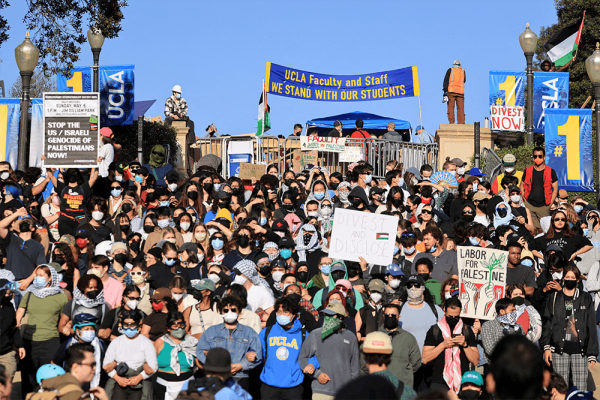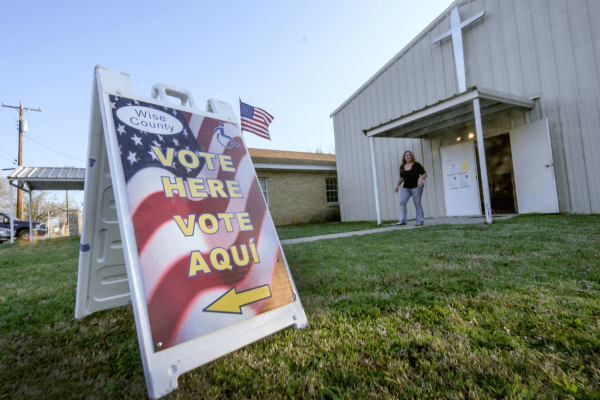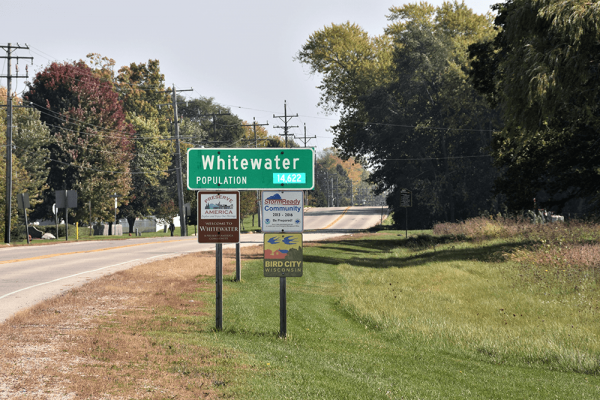Pope Francis, widely quoted as having used a highly derogatory word to describe the LGBTQ+ community, did not intend to use homophobic language and apologizes to anyone offended by it, the Vatican said on Tuesday.
Class of 2024, you are indeed overcomers, but you’re also no strangers to grief, doubt, and other emotions we don’t often acknowledge in commencement addresses. As you accept your well-deserved diploma, I don’t need to tell you that you’re graduating in an unsettling time: uncertainty around the most consequential election of your (and my) lifetime, uncertainty around the future of our planet amid an accelerating climate crisis, and uncertainty as to the outcome of horrific and intractable wars in Gaza, Ukraine, Sudan, and so many other places. You may be uncertain about your job prospects, whether Social Security will remain solvent by the time of your retirement, or whether you will ever be able to afford a home in this overheated housing market. If you’re a Christian, you may feel uncertain about how you can stay in a faith that has so often been distorted from the gospel.
Since Oct. 7, 2023, when Hamas launched a terror attack against Israel, young people across the country have looked with alarm at Israel’s military action and the U.S. support for it.
“As soon as that day happened, I felt I was just kind of flung into high gear,” said Logan Crews, who is a first year Master of Divinity student at Yale University. “I began talking to friends right away and just processing through what was happening.”
After the South Carolina Gamecocks women’s basketball team won the NCAAW championship on April 7, 2024, the team’s deeply emotional head coach Dawn Staley attributed the historic win to God: “We serve an unbelievable God — we serve an unbelievable God.” Staley continued, “Uncommon favor, unbelievable.”
What does “uncommon favor” mean exactly? Typically, that phrase has been used in church spaces to denote an unexpected blessing. In Staley’s case, we find her crediting God for blessing her and the Gamecocks with a national championship.
Is this uncommon favor?
In ABC’s workplace comedy Abbott Elementary, Barbara Howard (Sheryl Lee Ralph) provides one example of what it looks like for Black Christian women to live out their faith in their everyday lives.
Last week, the University of Michigan announced that it would begin selling alcohol at its football games.
For decades, alcohol sales had been largely limited at college football events, but in 2019 the Southeastern Conference began allowing its schools to sell alcohol at games. Now, more than 80 percent of the top football schools sell alcohol on game day.
In the U.S. church, opinions on alcohol seem more polarized than politics. On the one hand, many conservative and fundamentalist faith traditions treat all alcohol consumption as a sin, some going so far as to suggest that Jesus turned water into nonalcoholic wine. On the other, progressive and moderate faith traditions incorporate alcohol into church with events like beer-and-hymns, theology-on-tap, and “pub churches.”
The “how” of politics — engaging in ways that uplift civility, truthfulness, empathy, and integrity — still matters, particularly in a time in which our democratic norms and systems are being challenged. From a Christian standpoint, how we engage in politics should be rooted in the fruit of spirit, which in his letter to the Galatian church, the Apostle Paul describes as “love, joy, peace, forbearance, kindness, goodness, faithfulness, gentleness, and self-control” (Galatians 5:22-23). Obviously, these virtues are not the norm in our body politic. And while it’s easy to blame politicians, we must first remove the speck from our own eyes.
Nestled in the heart of the flat, fertile lands of southeastern Wisconsin, Whitewater is a small city of around 15,000 with a college-town feel. When Samuel Schulz, a Wisconsin Synod Lutheran pastor, moved there after graduating from seminary last year, one of the first things he noticed was a large presence of Spanish speakers around town.
In comic-book writer Tom King’s run on Wonder Woman, Diana has been fighting a battle not just of fists but of ideologies.
Ofer Cassif, whose grandparents came to Israel from Poland in 1934 as part of the Zionist movement, is a secular Israeli Marxist and a leading voice against the war in Gaza. During the first Palestinian Intifada in 1987, Cassif refused Israeli military service in the Occupied Territories and was incarcerated in military prison. In 2019, he was elected to Israel’s parliament as the only Jewish member of the Arab-majority Hadash-Ta’al party. In January, Cassif publicly supported South Africa’s petition to the International Court of Justice (ICJ) to investigate Israel for violation of the 1948 Genocide Convention in its war on Gaza. In February, some parliament members tried — unsuccessfully — to impeach him.









